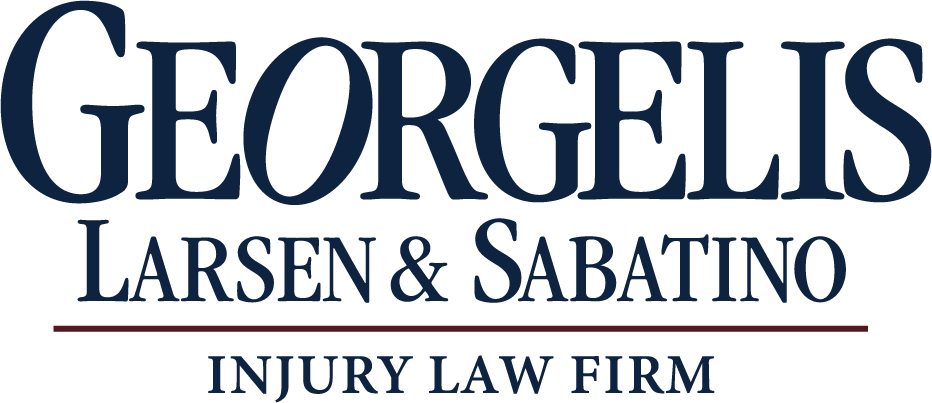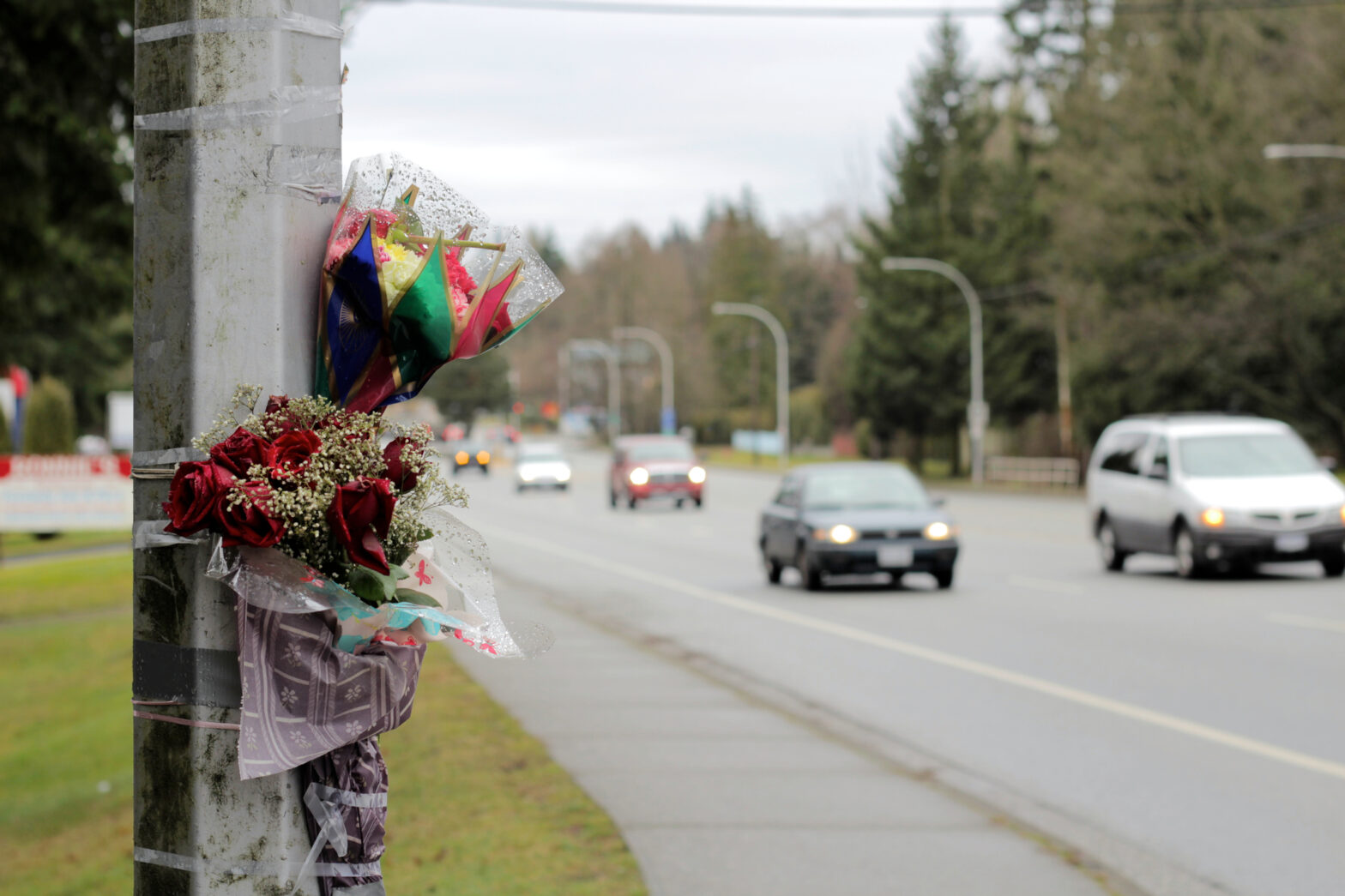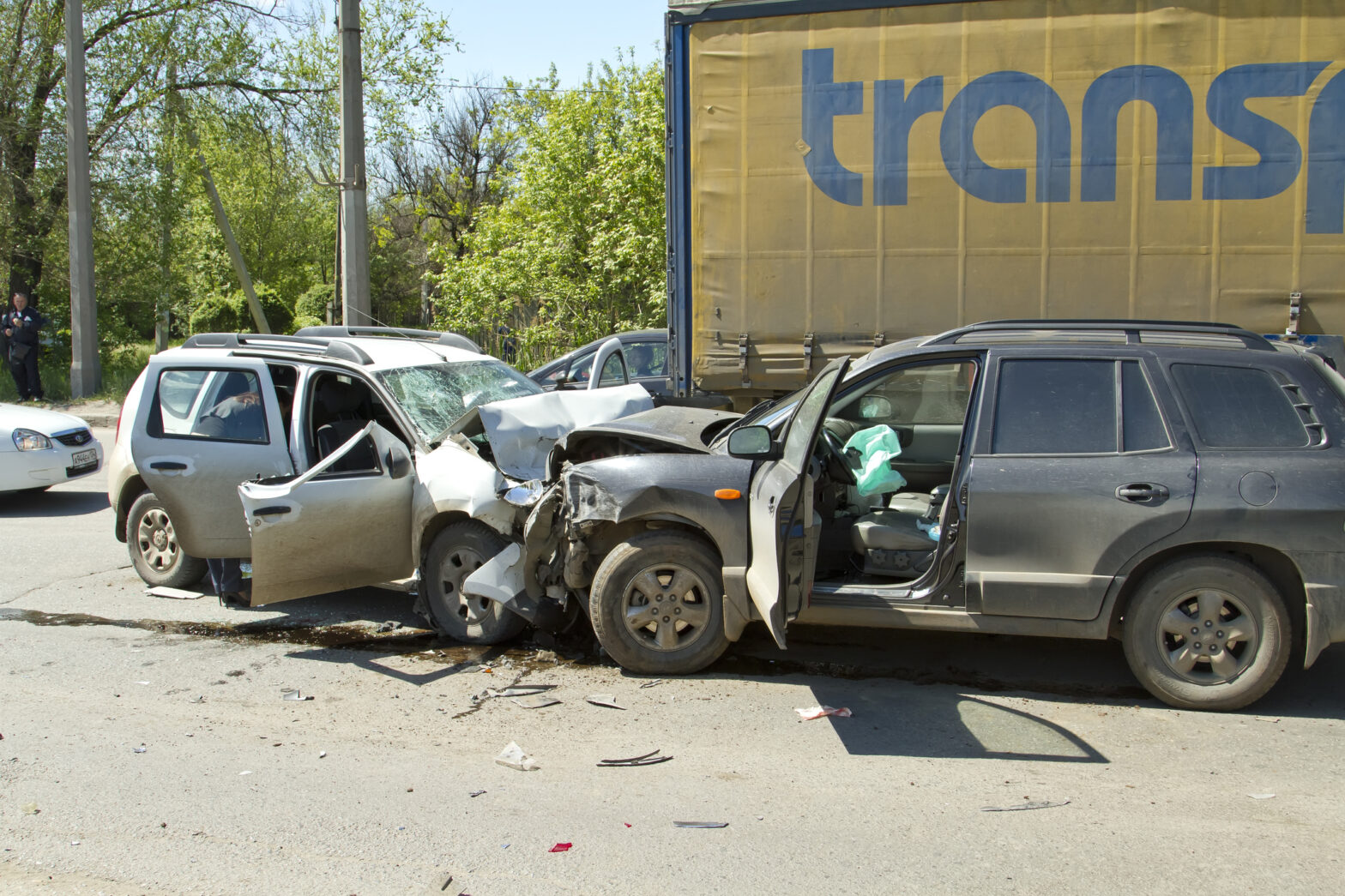Many people do not know what to expect when contesting a denial of workers’ compensation benefits. Often, people expect that the process is similar to that of other personal injury matters. That is not the case. In Pennsylvania, the workers’ compensation system has a separate and specialized administrative legal system that has its own procedures and its own corps of specially trained judges. While this system is not as formalized or costly as the regular court system, it is still a formal proceeding that requires the assistance of an experienced workers’ comp attorney.
When a workers’ comp insurer denies liability for a claim or the claimant is dissatisfied with the level of compensation offered, the case must be litigated through the Office of Adjudication:
- Once either side has filed a petition, the case is assigned to a workers’ compensation judge (WCJ) who holds one or more hearings. There, witnesses including the injured worker provide sworn testimony on the record as well as documentary evidence. Medical experts may also testify if the severity or cause of the injury is at issue. The WCJ then issues a written decision.
- If either side disagrees with the judge’s factual or legal determinations, they may appeal to the Workers Compensation Appeal Board. The Board hears arguments but does not take additional testimony. If the Board finds that the WCJ made a mistake, it may send the case back for correction.
- If either side disagrees with the Board’s findings, it can appeal to the Commonwealth Court, one of Pennsylvania’s two midlevel appellate courts. Like the Board, the Commonwealth Court only reviews the case for legal error and may send the matter back to the Board or the WCJ.
Workers’ compensation is a narrow area of law that requires specific knowledge and experience in the necessary laws and procedures. A Lancaster County workers’ comp attorney can help guide you through the process and avoid the mistakes that could jeopardize your claim.





